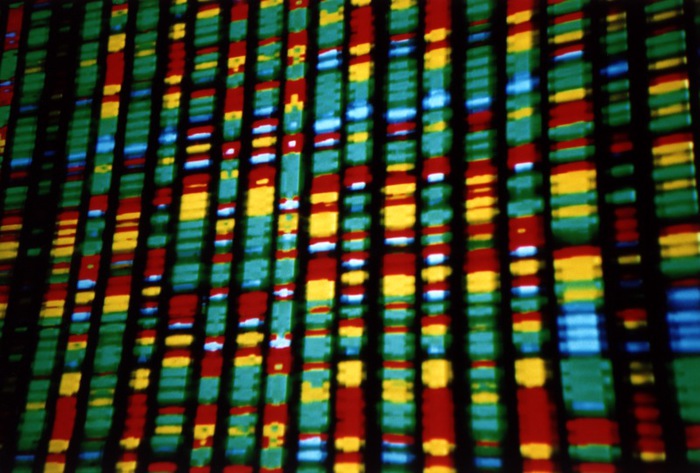From geneticists comes a decided 'no' to the sale of genetic data that document the so-called 'polygenic risk score' (Prs), i.e. the risk of developing diseases in embryos obtained from artificial fertilization and which must be implanted. A group of representatives from the European Society of Human Genetics (ESHG) took a stand, in an article published in the European Journal of Human Genetics. "There is no scientific evidence - say the geneticists - that the polygenic risk score can predict the probability that unborn children will be subject to a specific disease in the future".
The article also notes that currently the only scientifically founded possibility concerns predictions about diseases that have only one genetic cause.
"PRS is a completely different thing," notes Francesca Forzano, of ESHG and geneticist at the Guy's and St Thomas Foundation, of the British Health Service (NHS).
"Many diseases are caused by a combination of genetic and environmental factors - continues the researcher - and the PRS are able to grasp only a part of the genetic component, which on its own is very complex to analyze".
Furthermore, "while the PRS can identify the individual risk of a given disease in the general population, where the genetic variability is very wide, but there is no evidence of their usefulness in determining the choice between two embryos, given the limited genetic variability at all. inside a family ".
Not to mention the fact, it is noted in the article, that research on PRS has been and still is conducted on individuals born and in most cases adults, with the aim of analyzing the mechanisms underlying diseases that originate from more factors.
According to the experts of the European Society of Human Genetics, it is therefore at least premature to use PRS to select the embryos to be transferred to the uterus and they note that it would be advisable to provide the public with adequate and impartial information on this topic.
For the president of the company, Maurizio Genuardi.
"It is also vital to provide prospective parents with a clear understanding of the difference between counseling and marketing" and "at a time when healthcare resources are under pressure, it is important that the limited money available is spent on tests that are known to be effective" .

